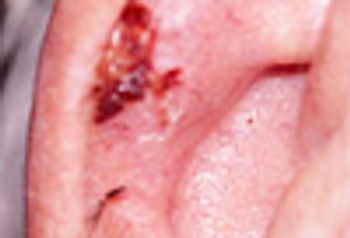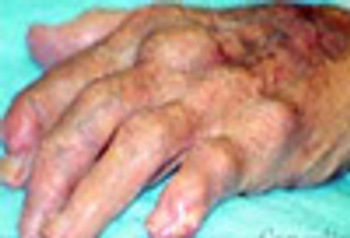
At the 2012 Annual Meeting of the American Academy of Allergy, Asthma, and Immunology, held early this month in Florida, specialists learned a great deal that is important to primary care. Among the most noteworthy presentations: Why primary care isn't following asthma guidelines, the importance of body weight in asthma treatment, and the future of sublingual allergy drugs.







